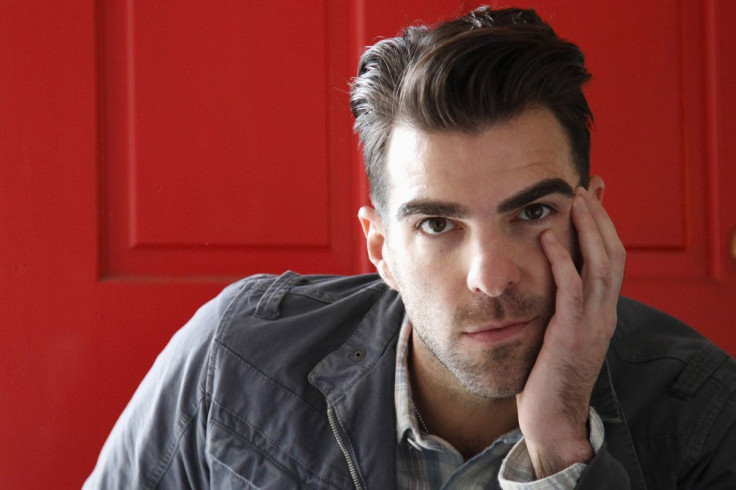Gay And Lesbian Actors Still Worry About Being Stigmatized, Says SAG-AFTRA Study

It’s been more than 16 years since Ellen DeGeneres declared “I’m gay” on her primetime network sitcom, but the perceived stigma of coming out is still very much alive for professional actors.
According to an exhaustive new study by the SAG-AFTRA union, the vast majority of gay and lesbian actors have not come out to key decision-makers such as agents and producers -- in other words, the people who can help, or hurt, their careers the most. The study, “Sexual Orientation & Gender Identity Diversity in Entertainment,” was initiated by the union’s LGBT Committee and conducted by researchers at UCLA’s Williams Institute.
Polling union members through emails, social media like Twitter and Facebook, and a dedicated page on the SAG-AFTRA website, researchers received 5,692 responses from members who had worked as an actor in the last 10 years. The results indicate that, despite the increased prevalence of openly LGBT actors such as Neil Patrick Harris and Cynthia Nixon, there remains an apprehension among working actors to come out, at least when certain definitions of “out” are applied.
While the majority of gay and lesbian respondents said they were out in their professional life, those numbers decreased significantly when respondents were asked if they had come out to industry professionals with more decision-making power, such as agents and producers. In all, only 13 percent of actors say they are out to “most or all” industry executives.

“Outness,” however, is a complicated concept. According to the study’s authors, M.V. Lee Badgett and Jody L. Herman, LGBT performers may be able to keep their sexual orientation a secret, but they can’t always control if other people perceive them as gay or straight. For instance, the authors note that many respondents said people they work with can “always, often, or sometimes” tell that they are lesbian, gay or bisexual, even if they don’t specifically verbalize it.
“Our survey suggests that coming out is an important decision for LGBT performers, a decision with potential effects on those performers’ careers,” the authors wrote. “They worried that being out will hurt their professional life, while at the same time they saw that being out can result in potential improvements to their sense of well-being and their ability to improve their professional prospects.”
Playing gay, though less consequential than being gay, also remains stigmatized to some degree. According to the study, a quarter of homosexual respondents and one-fifth of bisexual respondents said they believed that playing gay roles affected their later work. Ten percent of straight actors and 6 percent of LGB actors said their agents will not submit them for LGB roles. At least one gay actor reported the inverse problem, not being hired for gay roles because he doesn’t "look gay."
Perhaps the study’s most troubling finding is that more than half of respondents -- 53 percent -- said they still believed that directors and producers are biased against LGBT performers in hiring.
Despite such roadblocks, support for LGBT rights is far higher among SAG-AFTRA members than it is in the general public. Eighty-five percent of SAG-AFTRA members support same-sex marriage, compared to 51 percent of the general population, according to the survey.
The study is a first of its kind for SAG-AFTRA, which represents more than 165,000 actors and other entertainment professionals. In a statement, SAG-AFTRA national president Ken Howard said he hoped the research will provide insight into what actors go through when preparing for, seeking and landing acting gigs. “We are now in a position to move the ball forward and ensure that those future SAG-AFTRA members can benefit from what we will achieve as a result of this study’s impact,” he said.
Read the full study here.
Got a news tip? Send me an email. Follow me on Twitter: @christopherzara
© Copyright IBTimes 2025. All rights reserved.






















